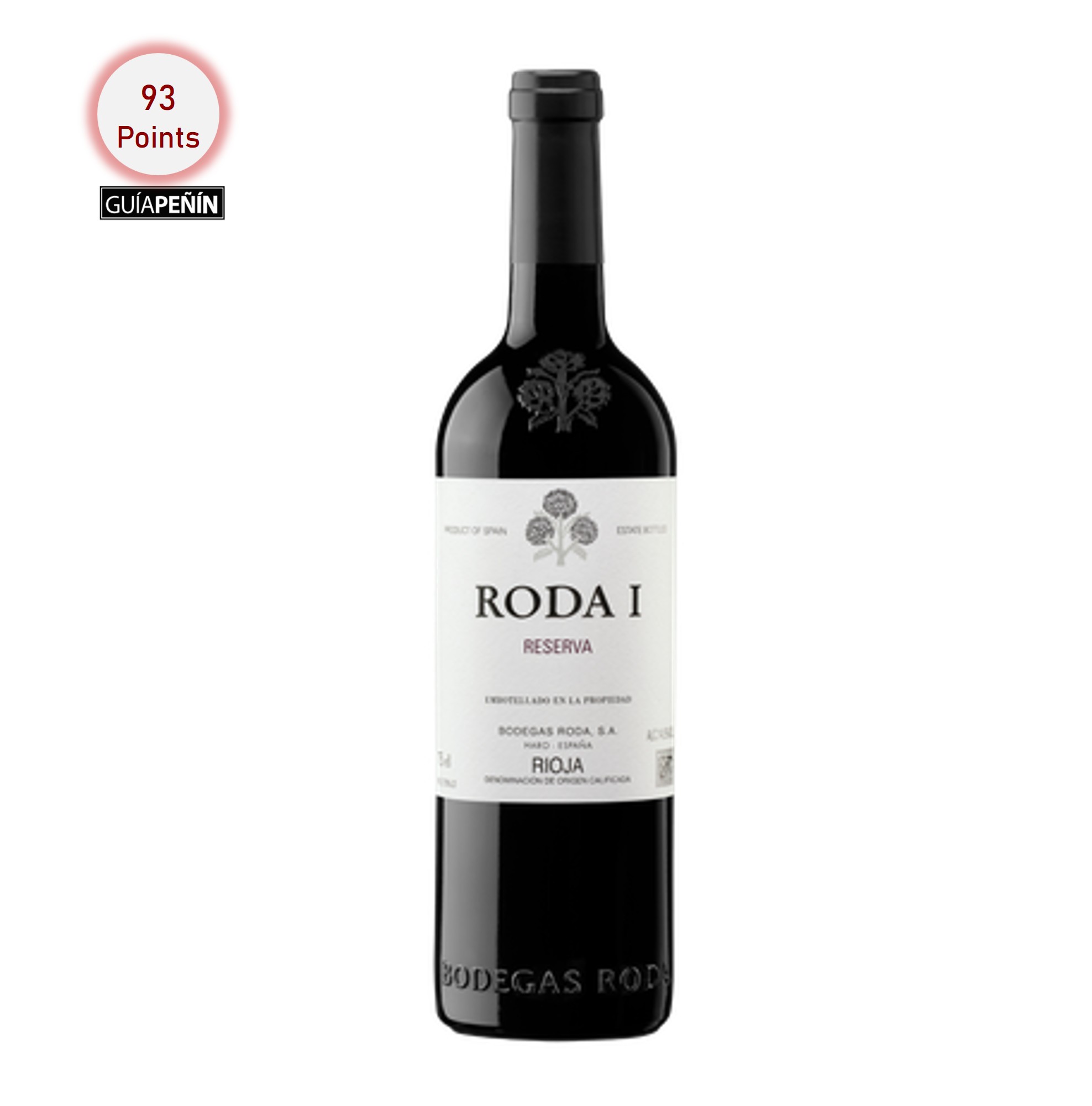75cl | 14.5%
RODA I is blended with parcels that that year have ripened in a black fruit profile that maintains the freshness of the fruit.
Sensation of greatness and pleasure: a jewel.
RM424.00
Colour: Very intense, with a dark cherry background and a powerful red rim.
Nose: When you bring the glass closer to your nose, you feel enormous depth, it seems like you never reach the bottom. The black fruit comes out in spurts, marked by plum and accompanied by many mineral sensations of limestone and Indian ink. Sweet spices appear that are reminiscent of cloves and cinnamon, with notes of cocoa, dark chocolate and the memory of the earth. A pleasant density is felt in the aromas and menthol flashes emerge that leave a balsamic sensation. Everything is in balance, perfectly assembled.
Palate: It is voluminous, full and light at the same time, with a huge retronasal passage. The black fruit marks the line of the plum as the protagonist, but there are red and fresh flashes of cherry. Minerality and sweet spices accompany this wonderful landscape. Very good tannin, it will live for many years and will be one of the best RODA I that we have made. Great feeling of fullness, impeccable balance and enormous elegance.
Grape Varieties: 95% Tempranillo and 5% Graciano
Aging: In 50% brand new and 50% second use, French oak barrels. 16 months in barrel and 20 months cellaring in bottle.
Bodegas Roda as founded in 1987 and its facilities have been adapted to the needs of each time and the pace of development, growing structurally in four phases developed in 1991, 1996, 2000 and 2018. Carmen Daurella and Mario Rotllant arrived in La Rioja with the firm intention of creating a project able to provide the world of winemaking with something new. All have been carried out according to the challenges of each time, the 2018 – which has just been concluded- had an energy objective in line with to the 21st century: optimizing energy efficiency and using renewable energies.
Bodegas Roda is located in the edge of the river Ebro, in a balcony of the Railway Station District (Barrio de la Estación) in Haro, La Rioja, over a XIX century “calado”. The vine growers used to use it to stock their harvests, that would be, subsequently, sent to Bordeaux by train to mitigate the damages caused by phylloxera.
https://roda.es/en/bodegas-roda/about-roda

| Brand | |
|---|---|
| Grape Variety | Tempranillo, Graciano |
| Country | Spain |
| Product Type | Red |
| SID | D03F |
| Return Policy | Non-Returnable : This product is non-returnable due to exclusivity/consumable nature of the product. |
Discover our diverse range of flavourful alternatives, ready to surprise and delight your palate.
Industry-leading security powered by iPay88 & Stripe.
Besides Visa & Mastercard, we also accept T&G, Grab, and other eWallets